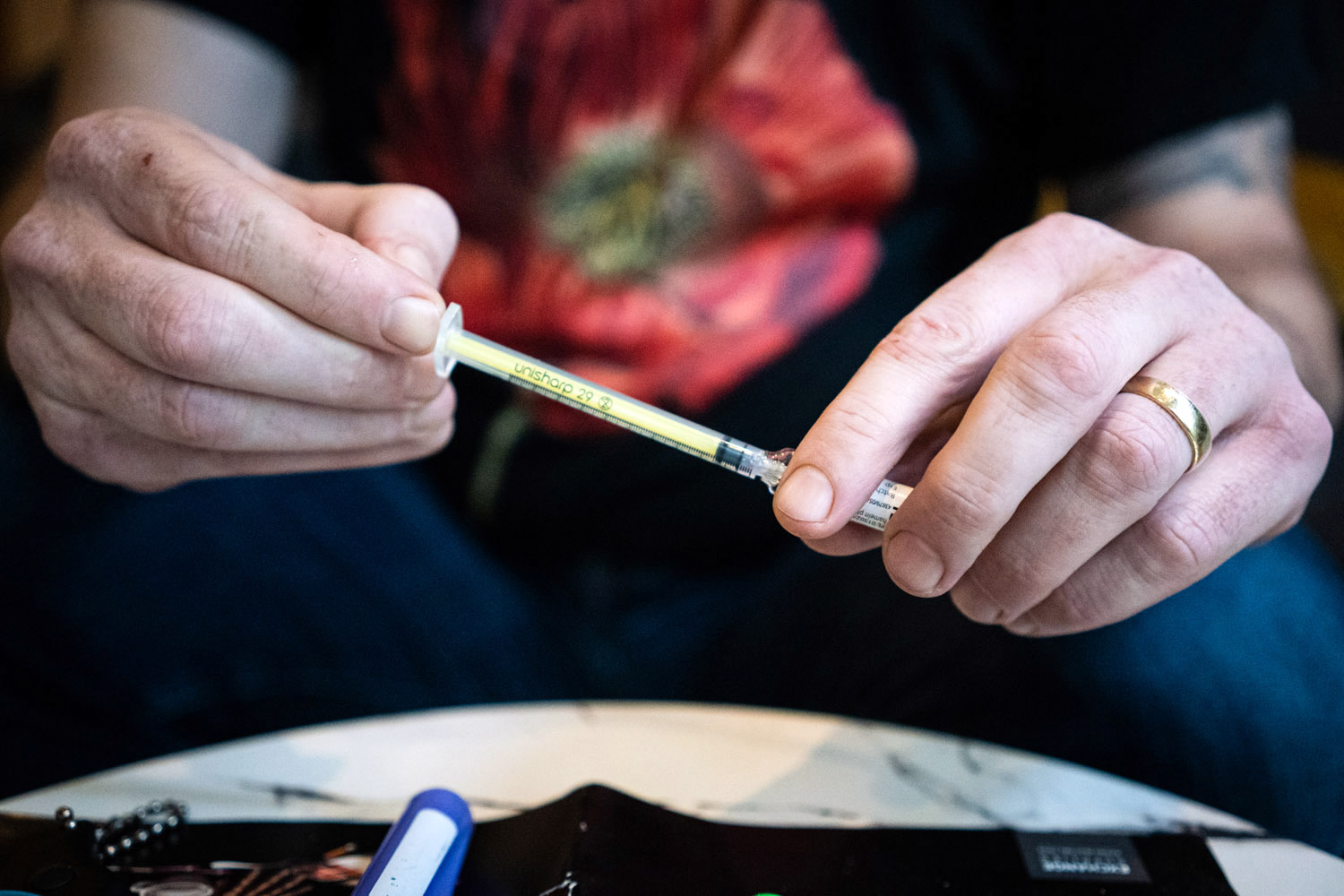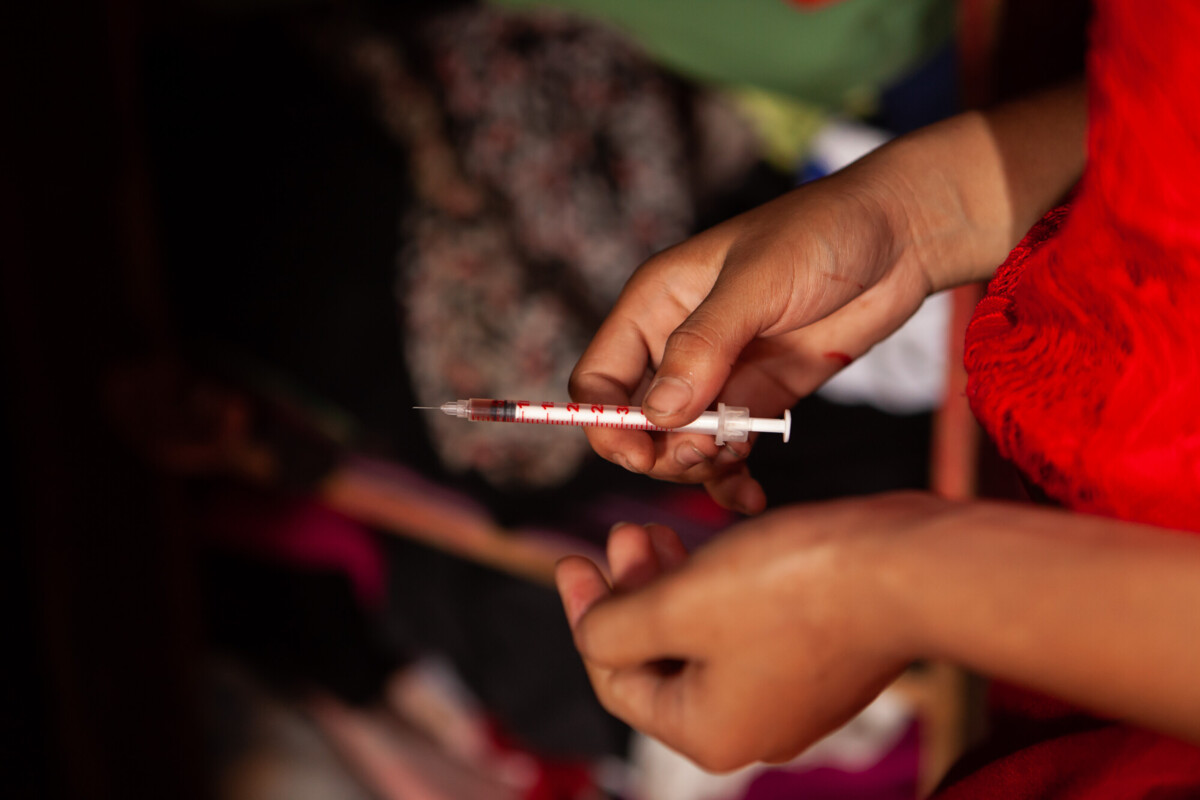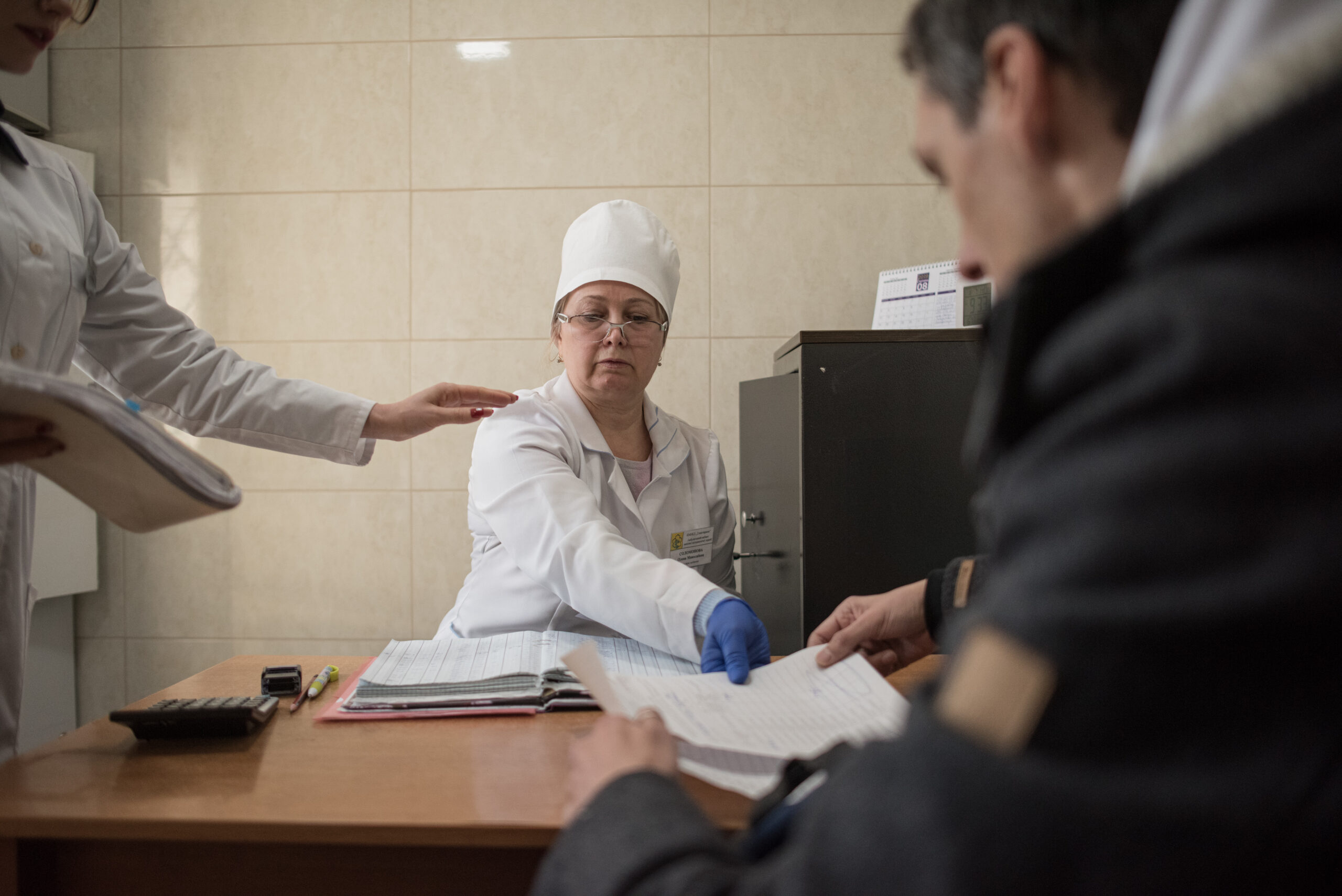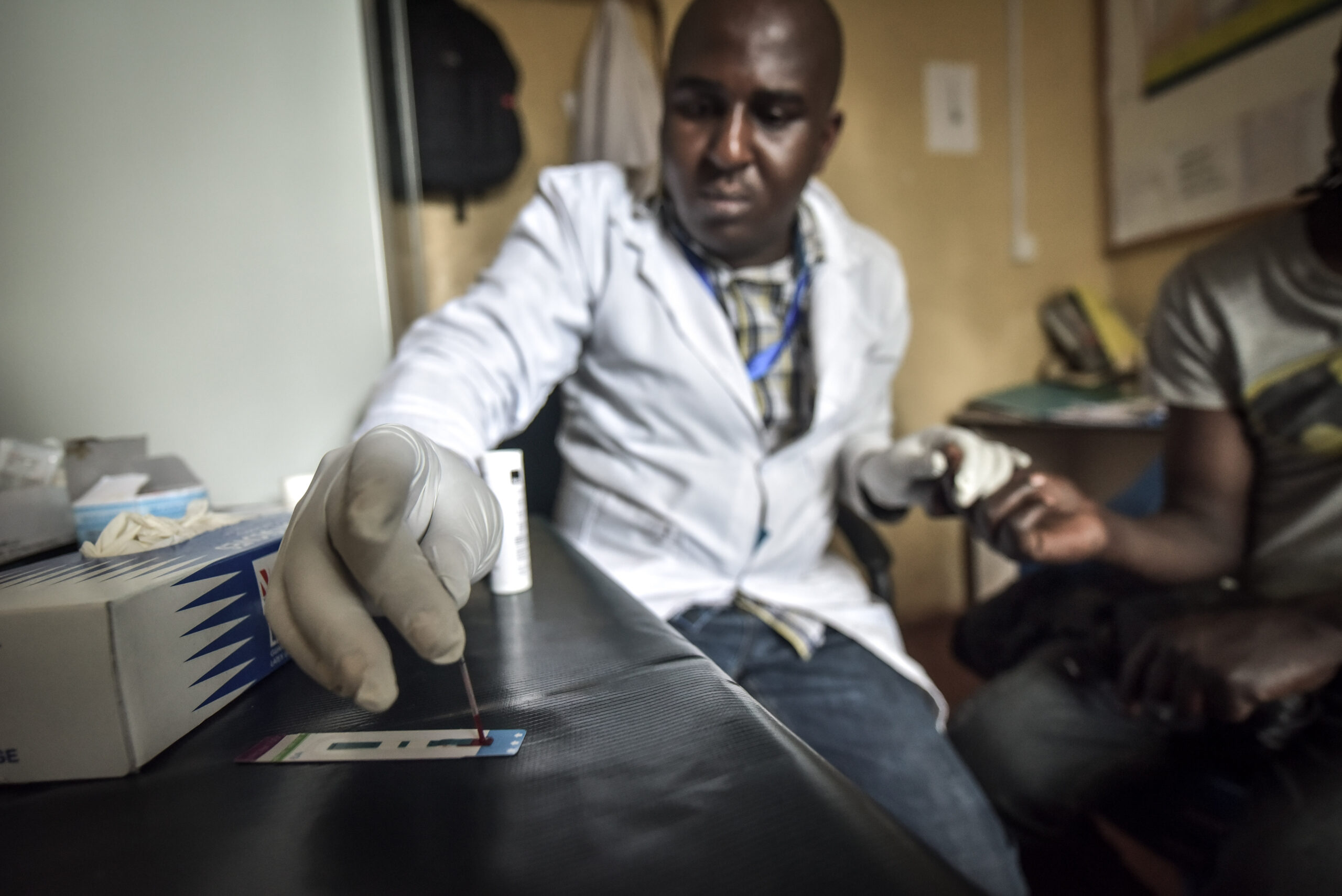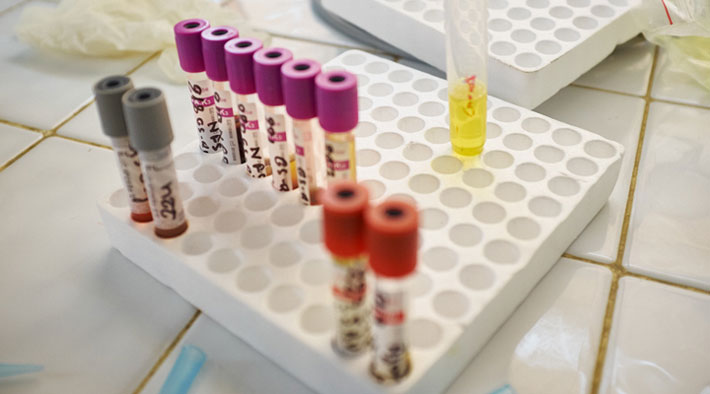The problem
Hepatitis C is a blood-borne disease that can lead to serious liver damage and cancer when left untreated. Most people with hepatitis C live in low- and middle-income countries, where access to treatment is limited. It is only in recent years that breakthrough treatments are becoming more affordable worldwide.
Yet, marginalized populations everywhere are disproportionately affected: four in ten people who inject drugs and one in four incarcerated individuals have an active hepatitis C infection. Though people who inject drugs represent just 10% of the 58 million people infected with hepatitis C worldwide, injection drug use contributes to 43% of all new infections.
Innovative products that could help prevent infection are not widely available and those at the highest risk of hepatitis C infection are also those who face some of the greatest barriers to health care. Affordability and stigma compound these obstacles.
Our response
Led by PATH, this project seeks to develop methods to reduce hepatitis C infection among high-risk populations by working within harm reduction and other community programs. PATH will evaluate the potential of two promising hepatitis C prevention tools – low dead space syringes and long-acting buprenorphine – while working in parallel to increase access to testing and treatment services by making them more widely available at the community level. The project will work closely with affected communities, who are critical in ensuring the tools and approaches are designed around their needs.
PATH will also lead market shaping efforts to address affordability of the key tools in use.
This project is part of Unitaid’s broader investment into harm reduction strategies for the prevention of hepatitis C. Frontline AIDS and Médecins du Monde are leading complementary efforts aimed at reaching people who inject drugs and people in prison with hepatitis C care. Together, the three projects will work in 10 countries to generate essential evidence to inform guidelines, spur increased financing, and catalyze price reductions to scale up combination prevention for hepatitis C.
Low dead space syringes
Reduces the risk of transmitting blood-borne infections like hepatitis C, as well as hepatitis B and HIV, when needles are shared.
Long-acting buprenorphine
A long-acting formulation of an opioid agonist treatment, which is used to reduce opioid cravings and could help reduce behaviors that contribute to the transmission of hepatitis C and other blood-borne diseases.





